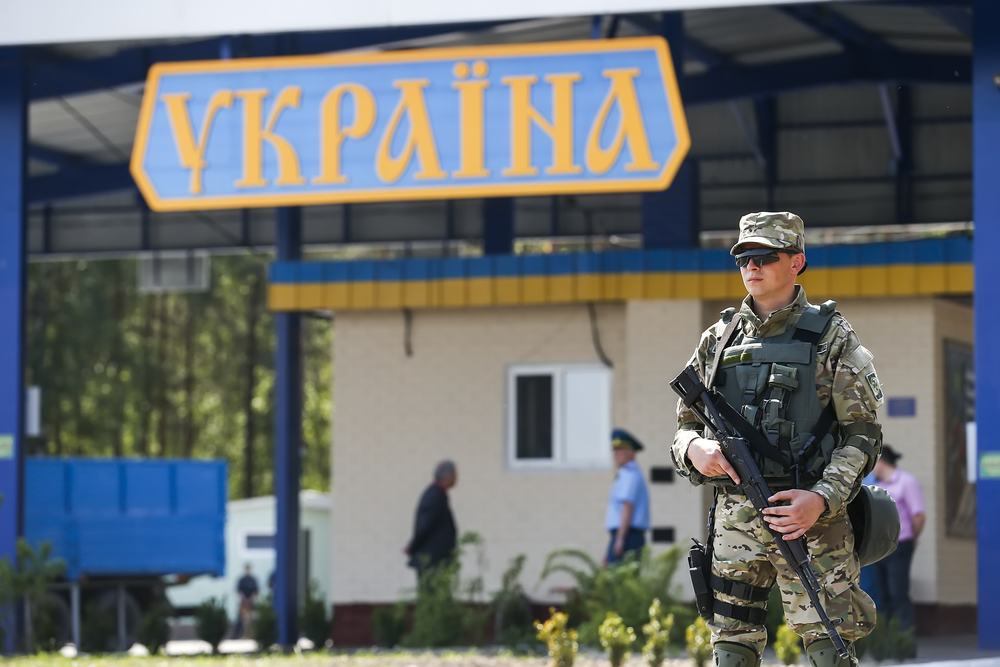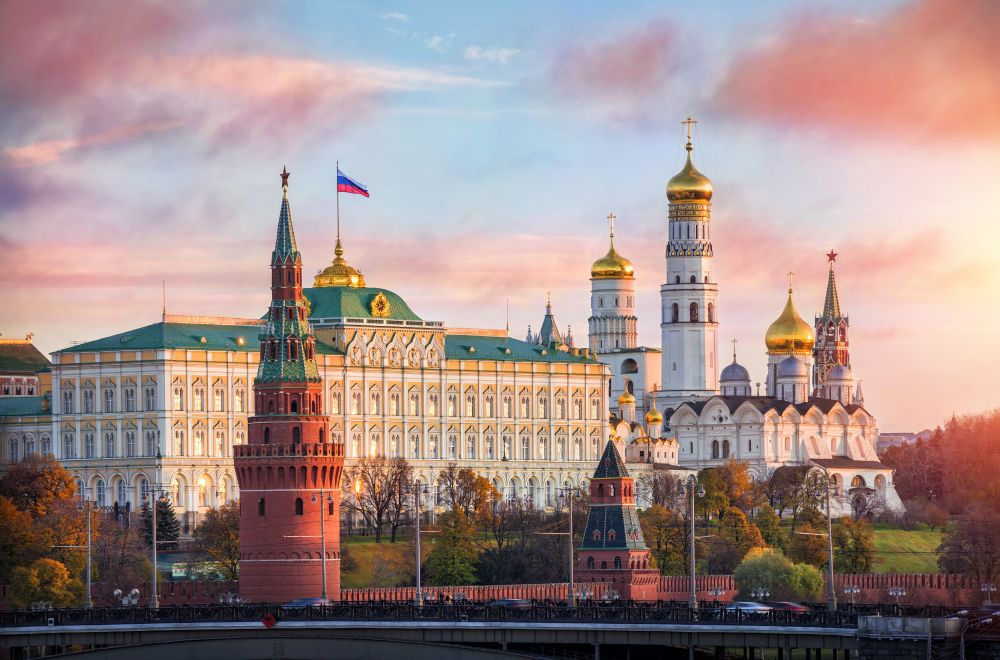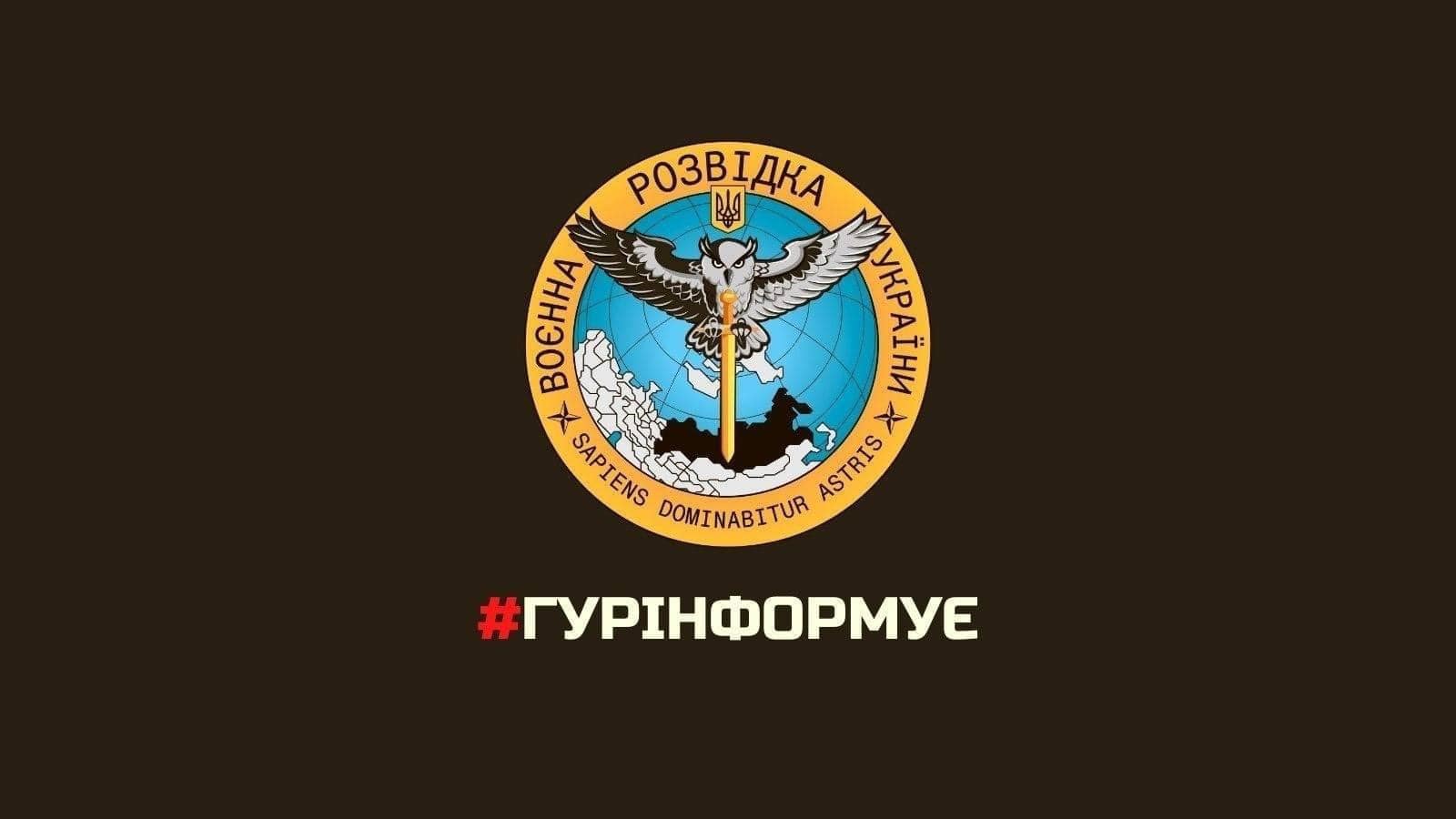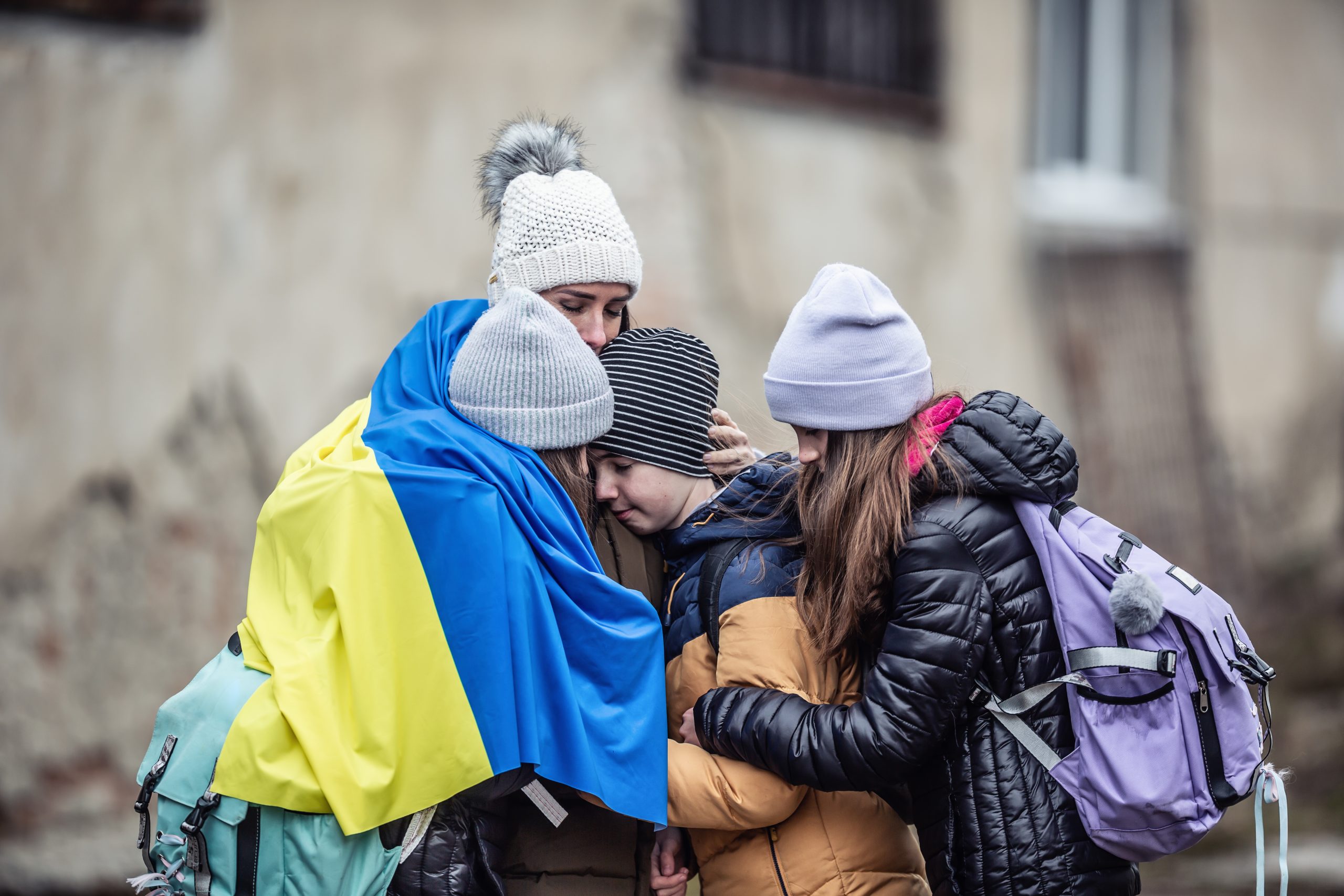Was the explosion of such mass protests in your country a surprise?
At the beginning of the year, it seemed to everybody that the presidential election would be of little interest, without shocks, and Aliaksandr Lukashenka would once again appoint himself as the head of the country. But contrary to these expectations, for the first time in 26 years of the Belarusian authoritarian leader’s rule, the result became unpredictable.
Even on the eve of the elections, it was clear that the situation in the country had changed completely. Belarus had never seen such long queues of people willing to openly sign for Lukashenka‘s opponents. Although there has been no culture of political competition in the country for a long time, people have suddenly become sharply political in recent months. It was a symptom of mass discontent and a strong desire for change.
In our country, the regime banned independent sociology, but the decline in the power rating was obvious. Even according to official data, trust in the president dropped in Minsk to 24% in spring, and polls on Internet portals showed that only 3-6% were ready to vote for him.
Everybody is endlessly tired of the same person on TV for 26 years, of the disrespectful attitude towards people, sometimes public rudeness, of permissiveness of the authorities. The economy has been stagnating for years. Society is divided and depressed. The standard of living has noticeably decreased, and, for the first time, there are so many Belarusians with low incomes among the opponents of the president.
In Belarus, unlike with its neighbours, there were no systemic reforms, and the authorities’ unpreparedness for transformation is becoming increasingly evident. The young generation is disappointed and worried about the hopelessness of the future for themselves and their children; they are more and more inclined to emigrate.
The world has entered the digital age, and Lukashenka does not understand anymore his rather modern and educated people, more than 80% of whom receive information from the Internet and not from anachronistic propaganda TV channels.
The country is at the forefront of information technology development in Eastern Europe. We have access to cheap, high-speed Internet at the level of the United States. Belarusians are in the first place in the world in obtaining Schengen visas per million inhabitants. They see how Western states and new EU members live.
Globalisation is going on, and Lukashenka continues to build a policy on the search for enemies. He is a capable tactician, but for all the years of his rule, he has never offered the society a strategy of state development.
Belarusians were outraged by the president’s behaviour during the pandemic when he called COVID a psychosis and suggested treating the virus with “a sauna, vodka and a tractor.”
And the last straw was the announcement of the election results, which in our country were of a purely protest nature and were actually Lukashenka‘s plebiscite. He suffered an electoral catastrophe; the ratio of his vote to his main competitor – an unknown housewife – was about one to five. She did not even have a program. She just promised to release political prisoners and hold fair elections within six months.
The general outrage at the 80% of votes declared for Lukashenka brought an unprecedented number of people to the streets from the capital to the villages. Belarusians overcame the long-term fear and came out to defend their dignity. Unexpectedly, a wave of strikes broke out across the country at large factories and enterprises. The main demands are simple: “Lukashenka, go away,” “To hold new fair elections.” Despite the casualties, brutal beatings and torture, and the arrests of about 7,000 people, the protest has only grown, and mass peaceful actions have been going on for a week.
This is another revolution of dignity, which we already had in Belarus in 2006, in Ukraine in 2014 and in other countries. I admire Belarusians who overcame fear and came out to peaceful protests against lies and humiliation. I am proud to be a Belarusian. This is not yet a final victory, but a decisive first step. The most important one, because millions of my fellow citizens have overcome fear and indifference. They gain a sense of responsibility and faith in themselves. A wider civil society is being born. Belarus ceases to be Soviet.
What are the main problems now and how can they be resolved?
 There is a difficult struggle for Belarus. The people are defending their right to live in freedom, Lukashenka is fighting to preserve his tsarist power, and Putin finally seeks to strangle us in a “brotherly embrace.” The collective West for the first time stepped back in these elections, did not support any of the candidates and took a neutral position. As I understand it, Western countries were most afraid of unpredictable, spontaneous protests that could harm our independence and disrupt regional security.
There is a difficult struggle for Belarus. The people are defending their right to live in freedom, Lukashenka is fighting to preserve his tsarist power, and Putin finally seeks to strangle us in a “brotherly embrace.” The collective West for the first time stepped back in these elections, did not support any of the candidates and took a neutral position. As I understand it, Western countries were most afraid of unpredictable, spontaneous protests that could harm our independence and disrupt regional security.
But for the Kremlin, our country is extremely important in implementing its imperial idea of “the Russian world.” It’s like in the movie “Belorusskiy Vokzal” (“Belorussky Railway Station”) – “The last battle is the hardest one.” Ukraine is completely lost. Even in the worst-case scenario, it will not return to Russia, if only because of its deep national consciousness. And Belarus, with its unreformed economy and only partially revived sense of national identity, is critically vulnerable to plans for Russian revenge.
In practically all of our previous similar elections, Moscow used some Belarusian opposition candidates to achieve its strategic goals. But it has never aimed at replacing Lukashenka before. In general, the Kremlin liked his policy of Russification, his words about eternal brotherhood, the fact that he was a sincerely Soviet person and would not go to Europe or NATO.
In previous presidential campaigns in Belarus, the Kremlin set three main tasks – to destroy the coalition of pro-European democratic forces, to stop the dialogue between Belarus and the West, and to weaken Lukashenka in order to speed up the integration of Minsk with Moscow. In 2010, Putin had the biggest success in the Belarusian presidential election.
Then, after a primitive provocation with a Russian trace, organised on election day by local security officials at a protest rally, everyone but Moscow lost. The opposition and civil society, and independent media were defeated, and the democratic electorate was frustrated.
For human rights violations during the elections, the West then had to renew sanctions against Belarus. And, as a result, Lukashenka was left face–to–face with Moscow, which was pressing him, which is the required result.
Now, apart from indestructible imperial motives, Putin is led by a fierce desire for revenge on Lukashenka for refusing to sign the already prepared package of documents on deep integration at the end of last year. It was important for Putin to lead the common state of Belarus and Russia, but once again it was not created. And he had to go to his eternal rule in Russia through a humiliating “zeroing out term limits.” Such resentments are not forgiven.
In this campaign, the Kremlin hesitated, whether to leave Lukashenka and achieve his maximum weakening or replace him with “the better Lukashenka.” The replacement can be implemented by organising bloody provocations and introducing Russian troops “to restore constitutional order” or already without so-called “polite people” by holding new free elections, which Lukashenka will no longer win.
A few days ago, the invasion option was the most likely. After unprecedented protest rallies across the country on Sunday, attended by more than 200,000 people under the national historical flags in Minsk alone, the Kremlin’s military option became less realistic.
Popular candidates of this year’s new wave, “candidates of hope“ with liberal, often pro-Moscow views, who are currently in prison and abroad, will also be able to take part in possible new elections. Political technology, rhetoric and symbols of the headquarters of the three main alternative candidates for this campaign, brutally stopped by Lukashenka, suggest that they may be involved in the Kremlin scenario to implement the well-known principle of controlled protest: “If you can’t stop the crowd,lead it.”
I say so much about the Kremlin because I know that the Belarusians will sooner or later cope with the dictatorship on their own. And the hybrid Moscow war, which is being realised at the same time, is not obvious to all Belarusians, and even to Western politicians. It really has brilliant modern scenarios and direction.
Many of my decent colleagues in the democratic opposition do not even want to hear about the obvious plans of the eastern neighbour and call to fight against the dictatorship without … “conspiracy complexes.” They propose first to achieve democracy and then defend sovereignty. It’s a dangerous trend.
Usually, I answer, “Love Belarus more than you hate Lukashenka. Independence can be lost overnight, and then there will be no freedom, no democracy, no language and culture.”
The struggle continues. Belarusians need to be vigilant.
Should Lukashenka resign?
Aliaksandr Lukashenka is turning from a guarantor of security and sovereignty into the main threat to the country’s future. He hopelessly lost the election to an unknown candidate – the wife of a famous video blogger, who had to go to the election instead of her husband when he was imprisoned as a result of provocation.
It’s quite obvious to me that the majority of Belarusians categorically do not want Lukashenka to remain president of the country, and he will not win any real elections.
To avoid further bloodshed and preserve the independence of Belarus, he must leave.
Do you think the West’s reaction to what is happening is adequate?
The West acts traditionally and within the framework of the instruments it has. It justly did not recognise the elections, condemned the repression and punitive actions of the regime and is likely to introduce personal sanctions against those who have committed severe human rights violations in Belarus.
I believe that our Western partners should consolidate their support for the Belarusian people in their demands for fair, open and free elections and the release of political prisoners, take all measures to neutralise Russia’s attempts to stop the democratic processes in Belarus and carry out its creeping annexation.
It is very important to promptly help the repressed and their families, students who have been expelled from universities, and activists who have lost their jobs. Special programs under the slogan “More Europe to Belarus“ are needed, especially in the field of culture, education, media and exchanges.
What can Ukraine do today for Belarus?
Belarusians now need, first of all, solidarity and truth, while politics is more often guided by interests and expediency. In our struggle for freedom and European Belarus, Ukraine can play a particularly important role. Its journalists, experts and politicians have a deeper understanding of the threats of Kremlin imperialism, and the methods and technologies of its hybrid wars, which will be conducted while Putin is in Moscow.
Today, I posted on my Facebook page Dmytro Gordon’s appeal to Lukashenka and Belarusians, for which I am sincerely grateful to him. I support his every word. It means a lot to the Belarusian civil society and is super topical.
I ask Ukrainians to support us in neutralising the attempts of my country’s Anschluss, first of all, with information, political consultations and partner education of colleagues in European capitals and Washington. Even the closest to us, Vilnius and Warsaw, do not always understand the nuances of the most often invisible war waged by the last empire against its neighbours.
Natalia Richardson






 UA
UA FR
FR DE
DE


